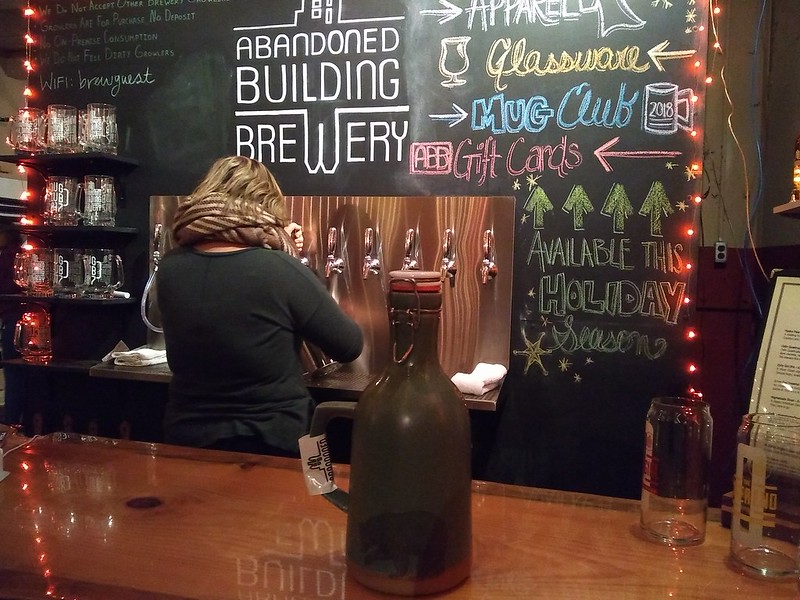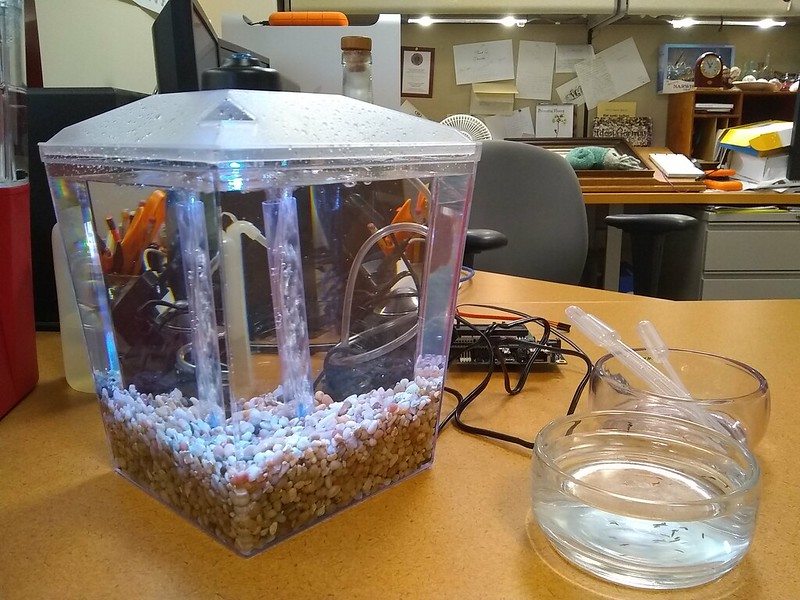Digital Signage Technology Expo
I attended a "digital signage technology expo" by a technology integrator, on May 3, 2018 which was rather disappointing. The flacks running the event were pleasant enough, but the presentation was a grainy live video feed with choppy audio from a vendor someplace far away. There was an opportunity to ask questions of the vendor, but the integrator basically didn't speak at all and never did introductions or facilitated conversation among the audience.
The product that was demonstrated had a number of features that might seem attractive to someone ticking boxes on an RFP, but left me cold. For example, there was the centralized control for administrators to take over everyone's displays and dole out permissions on a by-user basis. On the plus side, the solution presented was "flexible" from a content manager's standpoint: the demo made it look reasonably easy to integrate materials from a wide array of sources to show on displays. The interface to their system is a web-application. In terms of overall ease-of-use, I would rate it somewhere between Spire and Moodle. The output, however, could easily be a chaos of poor quality materials cobbled together on the screen. Yes, it's easy to throw up a lot of garbage, but you still need a designer to build something that looks nice.
The vendor showed some examples, where they had built interactive displays and kiosks, but those seemed to be one-off items -- not part of the regular package. With everyone having cell phones now, I think those kinds of things are mostly going away.
Their pricing is contracted by year and so, if you quit paying, all your displays go dark. The MSRP pricing quoted was $750/display/year, plus hardware cost, plus $2k for a local server that proxies the connections back to their company servers that serve everything. (Although the vendor indicated that the technology integrator would be able to give us a "break on pricing" because they were "such a good partner.")
Currently, the BCRC is supporting about 25 displays (=$18,750/year). If the campus chose this vendor and we wanted to participate, our devices would not integrate with the system without purchasing new players and probably some new displays. (The vendor said their software doesn't work on Raspberry Pis because they "burn out after a week", although we've been using Raspberry Pis for digital signage for years, including the very first one we got in 2012, and they're basically all still going strong.)
One feature we don't currently have is any kind of "emergency notification system." The vendor activated the one on the display behind him which then showed a vibrating exclamation point and announced something like "Please exit through the lobby!" It continued to show this behind him for the rest of his presentation. It's an interesting challenge to me to think how to organize and structure the control of emergency notifications. It seems like it would need to be on a case-by-case and sign-by-sign basis. Or maybe you could have pre-programmed messages for different circumstances (for fire, for tornado, for active shooter). At least if the message is going to be at all appropriate, it would need to be like that, I think.
Speaking only for myself, this is the only vendor I've seen so far, but it doesn't look like a good for for our needs at either the department or college level.
- Read more about Digital Signage Technology Expo
- Steven D. Brewer's blog
- Log in to post comments




